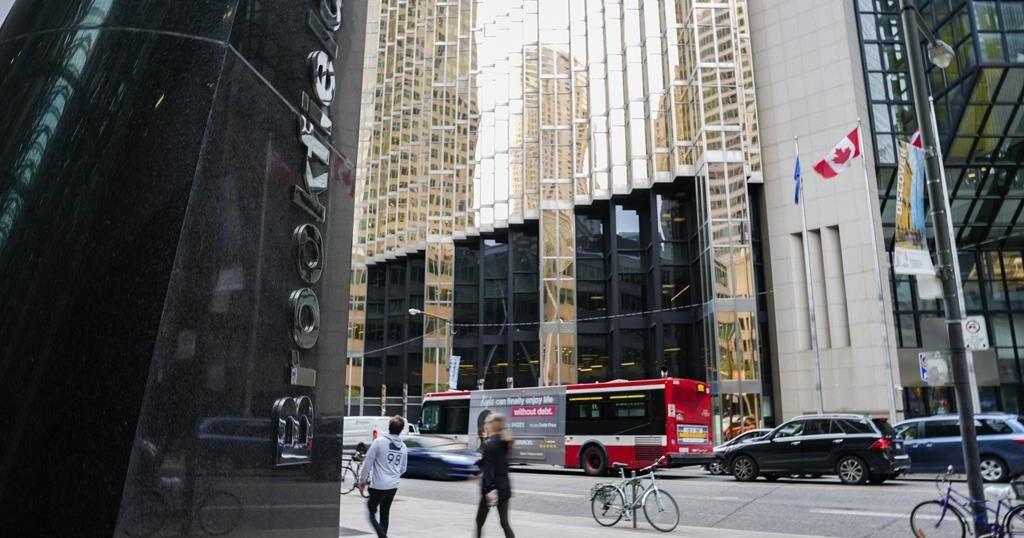(Bloomberg) — Chinese investment into Europe in 2021 increased by a third from a record low seen in the first year of the pandemic, driven by a combination of acquisitions and greenfield transactions.
Completed Chinese foreign direct investment in Europe last year increased to 10.6 billion euros ($11.3 billion), Rhodium Group and the Mercator Institute for China Studies said in a report. While that compared with 7.9 billion euros in 2020, it remained well below the peak seen in 2016 as tight capital controls in China and additional European investment screening slowed deals.
Chinese mergers-and-acquisitions accounted for nearly 70% of the total investment. The largest such deal in Europe was Hong Kong-based private equity firm Hillhouse Capital’s purchase of Royal Philips NV’s home appliance business for 3.7 billion euros, according to the report.
Greenfield investment reached a record 3.3 billion euros and has seen a rapid increase over the past two years, the report said. Examples include Chinese companies such as Contemporary Amperex Technology Co. Ltd. building electric battery plants in countries including Germany, France and the U.K., and TikTok owner ByteDance Ltd.’s data center in Ireland.
“Greenfield investment is typically subject to fewer screening measures by national governments and tends to be more welcome locally, for example as a channel to create local jobs and contribute to local tax revenue,” the report’s authors wrote.
Chinese venture capital investments in Europe more than doubled year-on-year in 2021 to a record of about 1.2 billion euros.
“Beijing cracked down heavily on edtech, crypto and gaming as well as big tech giants more generally, which curtailed domestic opportunities and likely pushed Chinese investors to pursue VC opportunities abroad,” they said.
China’s global outbound investment has fallen since Beijing tightened capital controls and increased scrutiny of overseas deal-making to limit devaluation of its currency at the end of 2016. European countries have also tightened investment screening due to geopolitical tensions between Brussels and Beijing, which derailed the ratification of an investment treaty agreed by European Union and Chinese leaders at the end of 2020.
Those tensions have increased in recent months following Russia’s invasion of Ukraine, with Beijing remaining close to Moscow.
“The war has already triggered intense debates on critical infrastructure and resilience in Europe, which could in turn increase scrutiny of Chinese investment in a number of sectors including infrastructure, transport and energy,” the authors said.
The “era of massive Chinese investment seems over for now,” they wrote. “In 2022, we expect China’s FDI flows into the EU to remain at the current low levels.”
©2022 Bloomberg L.P.
Adblock test (Why?)

Source link
Related

























